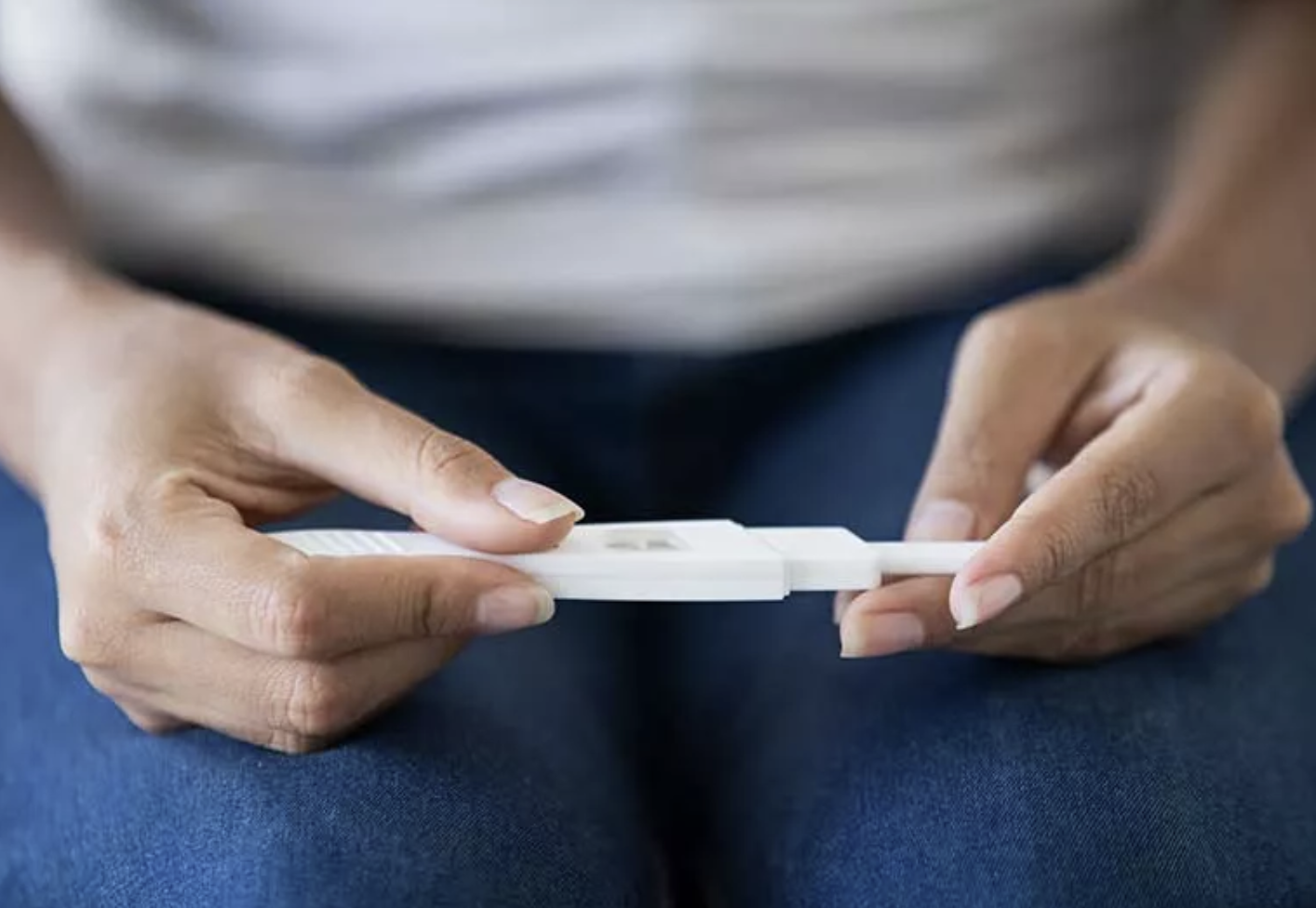
A Complete Guide to Understanding Pregnancy

Pregnancy happens when sperm meets an egg, which typically occurs during unprotected sex. If sperm enters the vagina or comes into contact with the vulva, it can travel into the vagina and possibly lead to pregnancy. While using birth control significantly reduces the likelihood of pregnancy, it’s still possible to conceive even when birth control methods aren’t being used. Usually, pregnancy occurs when sperm is ejaculated into the vagina or onto the vulva, with semen carrying the sperm out of the penis.
How likely you are to get pregnant from unprotected sex depends on the timing of your menstrual cycle.
Why does the timing of your menstrual cycle matter?
To understand why timing is important, it’s helpful to know how the menstrual cycle works. The cycle starts with your period, and day one of your period marks the beginning of a new cycle. An average cycle lasts 28 days, but cycles can be shorter or longer and still be normal. You’re only fertile for about six days during your cycle—the five days leading up to ovulation and the 24 hours after ovulation. These are considered your fertile days. If you have a regular cycle, ovulation typically happens around the middle of your cycle.
The tricky part is that it’s hard to predict exactly when you’re ovulating, especially if your cycle isn’t regular. Sperm can survive in your body for up to five days, so if you have sex, sperm could still be alive and ready to fertilize an egg days later. To prevent pregnancy, using birth control like the pill, condoms, an IUD, or the pull-out method is recommended, no matter where you are in your cycle.
What is a regular menstrual cycle?
A regular menstrual cycle means that your period comes around the same time each month. Most people have cycles lasting between 21 and 35 days, but for it to be considered regular, your cycle should fall between 26 and 32 days. If you have a cycle that’s about the same length every month, with ovulation happening around the same time each cycle, you likely have a regular menstrual cycle. For example, with a 28-day cycle, ovulation usually occurs between days 12 and 16.
Here’s how to calculate the length of your menstrual cycle:
- Start counting from the first day of your period as day one.
- Count each day until your next period starts, marking the first day of that period as day one again.
- Repeat this process for each cycle.
If your cycles consistently last between 26 and 32 days, you have a regular cycle. It’s normal for cycles to vary a little in length, as long as they fall within that range. A cycle is considered irregular if it’s shorter than 26 days or longer than 32 days for more than two cycles a year. Missing two or more periods can also indicate an irregular cycle, or it may suggest pregnancy.
How do I know when I’m ovulating?
If your cycle is regular, there are several ways to estimate when you’re ovulating. You can track the days of your cycle, monitor cervical mucus changes, check your body temperature, or even track your hormone levels. For more accurate results, it’s best to use more than one method.
Fertility awareness is a birth control method that involves tracking your ovulation to avoid unprotected sex during your fertile window. While it can be effective, it’s not the most reliable form of birth control—around one in four people using fertility awareness will get pregnant within a year.
If your cycle is irregular, predicting ovulation becomes much harder, and mistakes are more likely to happen. In this case, using a more reliable method of birth control, such as condoms or the pill, is a better choice.
Can I get pregnant during my period?
Yes, it’s possible to get pregnant during your period, though it’s less likely if you have a regular cycle. However, it can still happen, especially if your cycle is irregular.
How soon can I test for pregnancy after sex?
Pregnancy doesn’t begin immediately after unprotected sex. It starts when a fertilized egg implants in your uterus, which typically happens about a week after fertilization. Pregnancy tests work by detecting the hormone hCG in your urine, which starts to be produced after implantation. It takes about two weeks after sex for hCG levels to be high enough to be detected in a test. So, you’ll need to wait about two weeks for an accurate result.
Is it too late for emergency contraception?
If you’ve had unprotected sex in the last five days and want to prevent pregnancy, you can still use emergency contraception (EC). EC prevents ovulation and stops pregnancy before it begins. There are two types of EC pills and two IUDs that can be used for emergency contraception. The pills work best when taken as soon as possible after sex, but they can still be effective up to five days later. The IUDs work equally well within that five-day window, but you’ll need to see a provider to get one.
What if I’m pregnant and don’t want to be?
An abortion is a medical procedure to end a pregnancy. If you’re considering abortion, there are resources available to help you find a provider.





